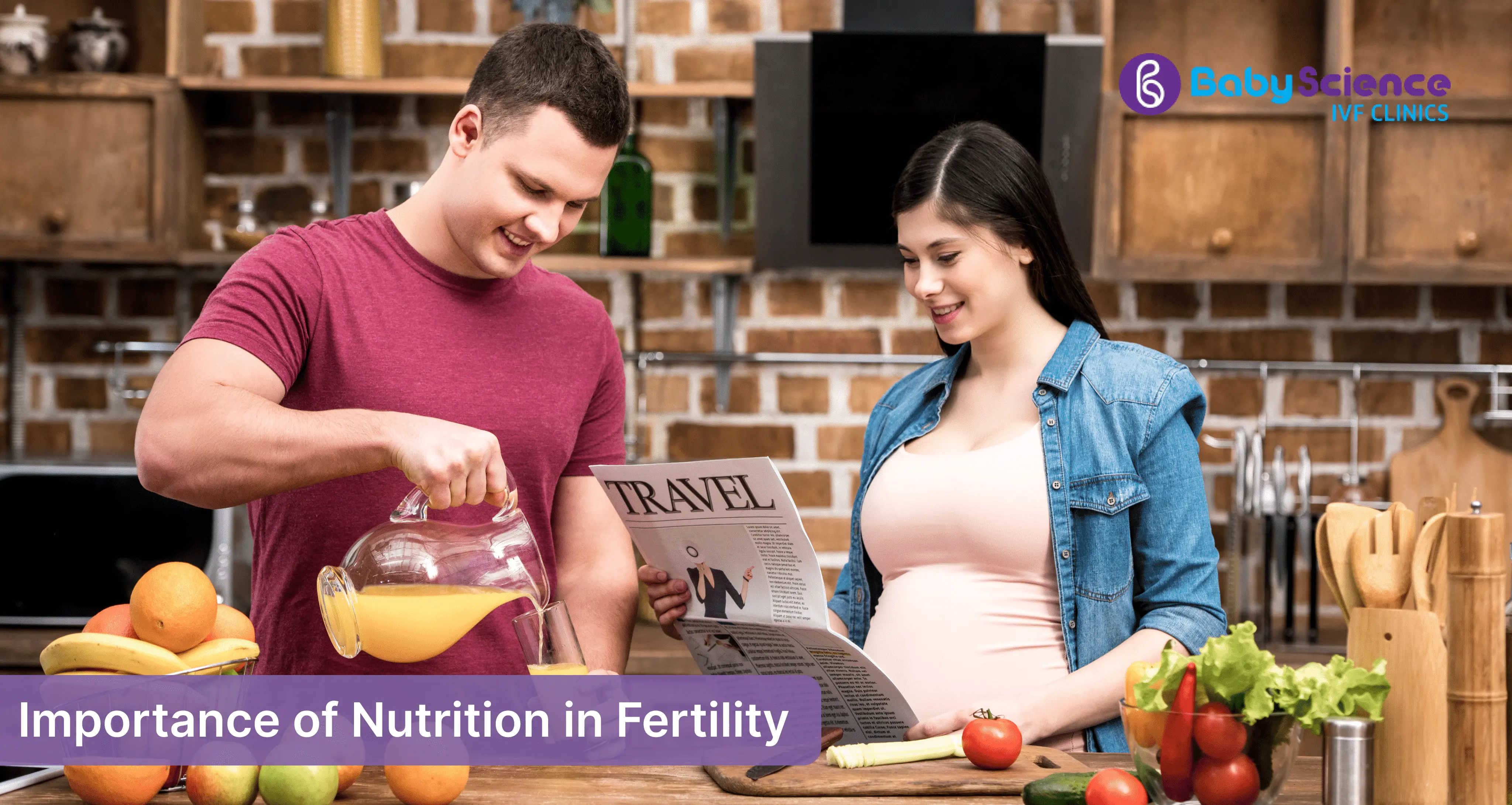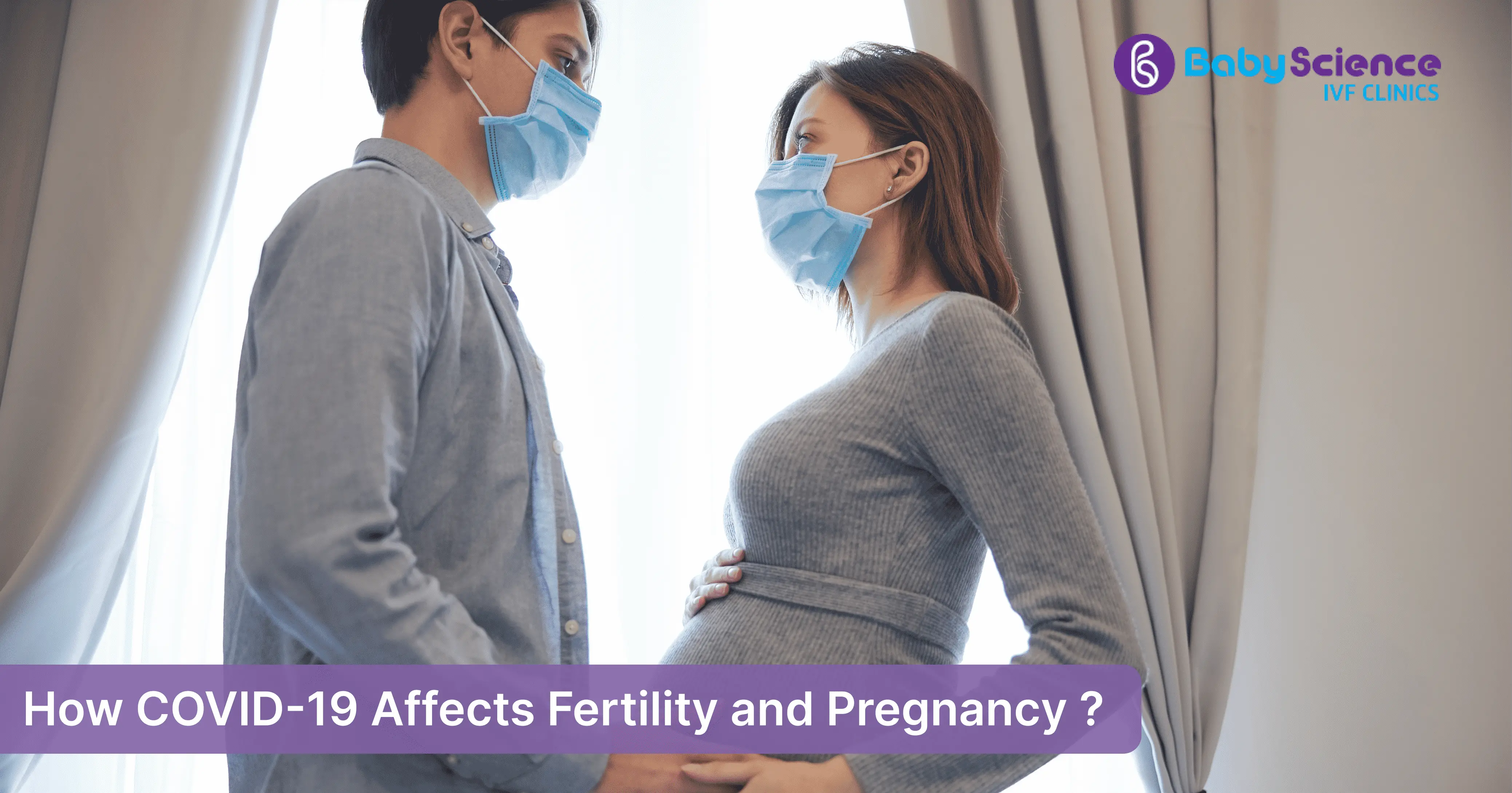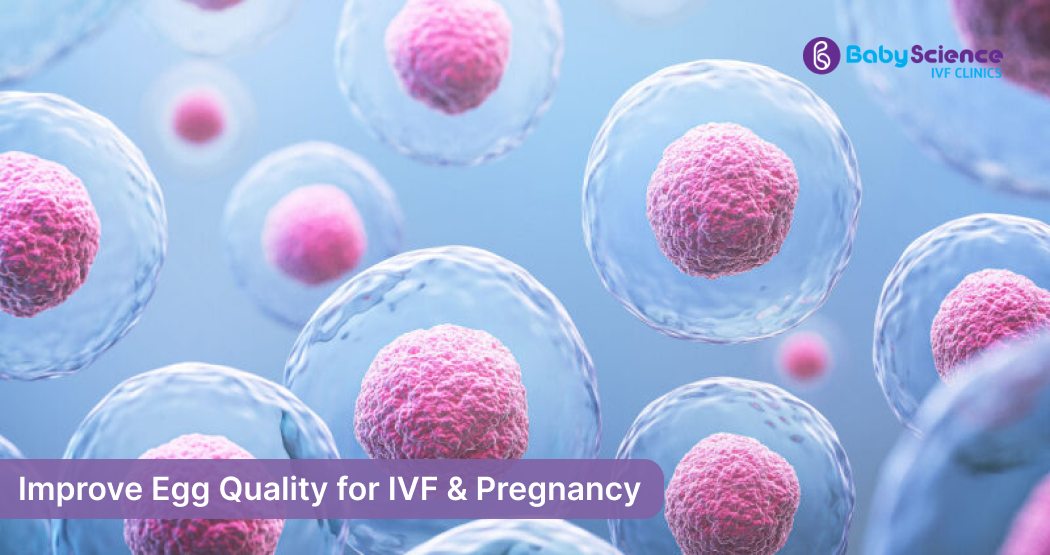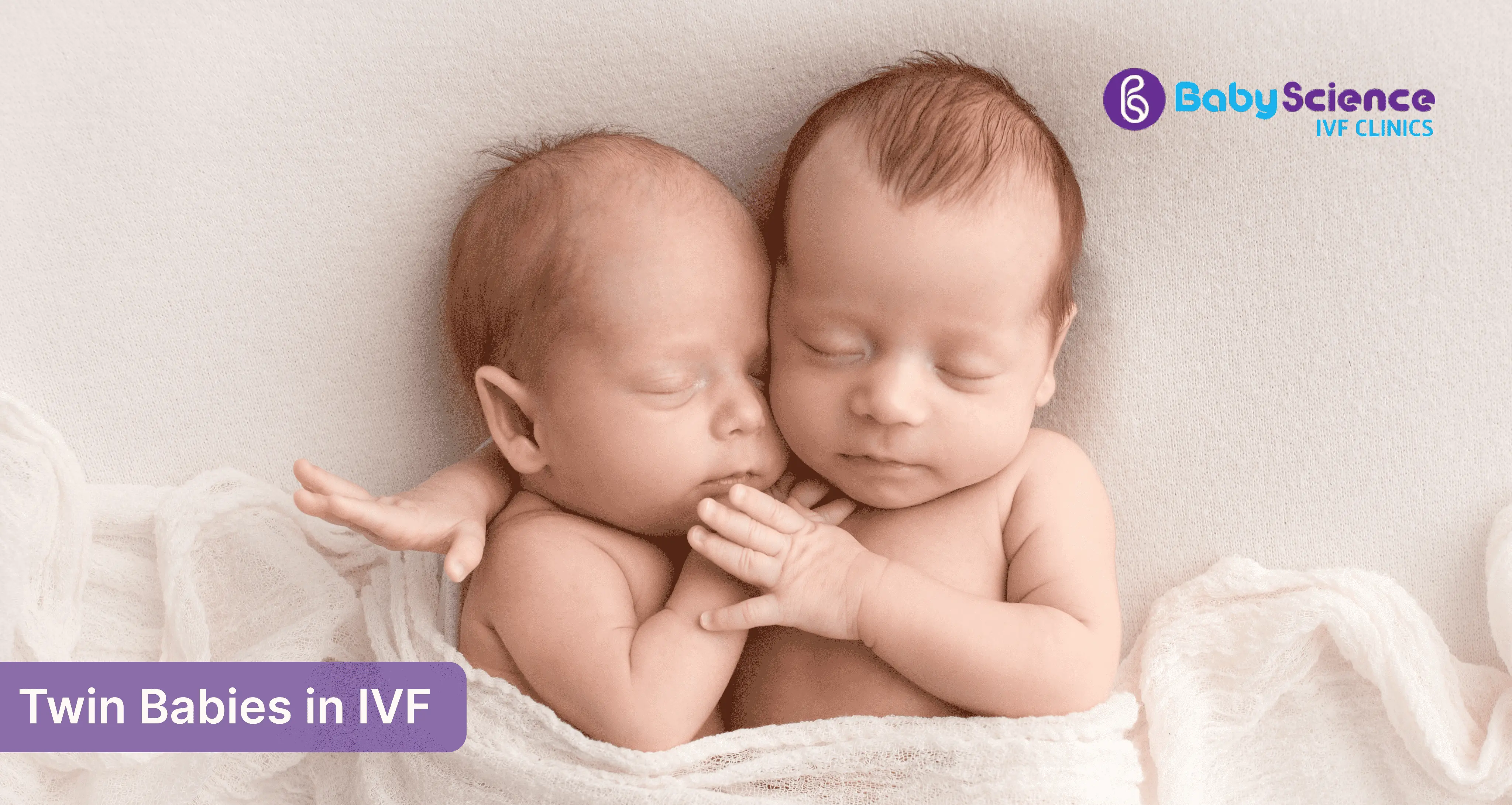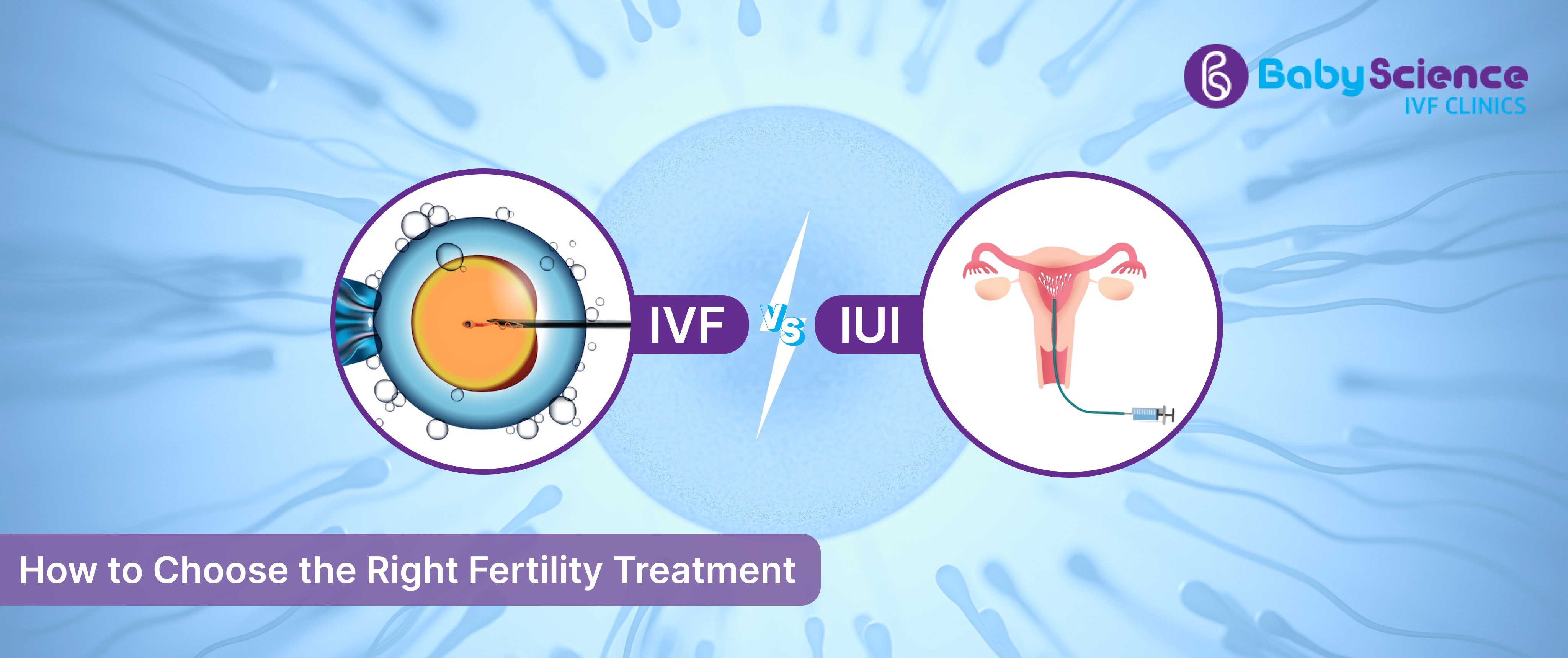
IVF or IUI which one is better?
Couples often face tough decisions when choosing the best treatment for assisted reproduction, leading to a lot of uncertainty. There are various fertility treatments available, but many people don't know about them. Two common options are in-vitro fertilization (IVF) and intrauterine insemination (IUI). Understanding the differences between these procedures can help you decide which one is right for you.Best Fertility Clinic and
IVF Centre in India
What are IVF and IUI You Need to Know
In-vitro fertilization
IVF is a process where a woman's eggs are extracted with a needle and fertilized with sperm in a lab. The resulting embryo is then monitored for a while before being placed in the woman's uterus
Intrauterine insemination
IUI, also known as artificial insemination, doesn't involve retrieving the woman's eggs. Instead, the male partner's sperm is washed and then placed directly into the woman's uterus. The sperm then travels naturally through the cervix to the fallopian tubes for fertilization
Advantages and Disadvantages of IVF and IUI
IVF is seen as a more reliable and successful treatment than IUI. It significantly improves the chances of conception, making it the preferred choice for many women.
One key difference between the two procedures is the number of eggs needed. In IUI, a woman only needs to produce one or two eggs for fertilization. In contrast, IVF treatment requires multiple mature eggs, which are stimulated through medications to induce growth and ovulation. Even after retrieving 10-15 healthy eggs, there is a chance that none will lead to pregnancy, while in some cases, multiple pregnancies may occur. Both procedures require fertility drugs to increase success rates. These hormonal medications can have some short-term side effects.

IUI is a non-invasive and less expensive treatment with fewer steps involved. Doctors often recommend trying several cycles of IUI, assuming other factors are normal, before considering IVF. If IUI treatment fails, doctors then suggest moving on to IVF.
IUI can be helpful for women who do not ovulate regularly and for men with mildly affected sperm quality, as it increases the chances of fertilization. IVF, on the other hand, is beneficial for women with blocked fallopian tubes, PCOD, endometriosis, premature ovarian failure, or other conditions that prevent natural pregnancy. Couples with unexplained infertility also often choose IVF to help them conceive a healthy child.
To lower the risk of multiple pregnancies with IVF, doctors can transfer just one embryo and freeze the others for future use. Unlike IUI, where there's no risk of premature births, IVF does carry a slightly higher risk of low birth weight and premature birth.
Which option tends to have better outcomes?
While IVF generally boasts higher success rates, the effectiveness of both treatments hinges on factors such as age, specific infertility issues, and overall health. Consulting with a fertility specialist is advisable to understand your individual chances of conception through either method. For some couples, IUI might prove more effective, while for others, IVF could be the preferred route. It's worth noting that both procedures prioritize using the best-quality sperm to optimize the chances of fertilization.
Frequently Asked Questions (FAQs)

Typically, IVF tends to achieve higher success rates compared to IUI. It's particularly favored for women aged 40 and above. Another advantage of IVF is that it allows the fertility specialist and intended parents to have greater control over the number of embryos transferred into the uterus, reducing the likelihood of multiple births.

Compared to IVF, IUI (Intrauterine Insemination) is often seen as less painful. During IUI, sperm is inserted directly into the uterus, which may cause mild discomfort like a pinching sensation and cramping when the catheter is inserted through the cervix.

Cycle Regularity: When a woman has a regular menstrual cycle, it's easier to predict ovulation. In such instances, the best month for IUI is usually any month within the fertile window, as long as other personal factors are also taken into account.
Recommended Reads
- Understanding the timeline is essential. How long should you wait with IUI ?
- What Are the Chances of Having Twins Through IVF with IUI ?
- How to Improve Egg Quality for IVF & Pregnancy ?
Useful Links
- Dr. Manjunath CS, MD (Sr. Consultant)
- Dr. Aarthi Mani (Sr. Consultant)
- Dr. Kavya D Sharma (Sr. Consultant)








